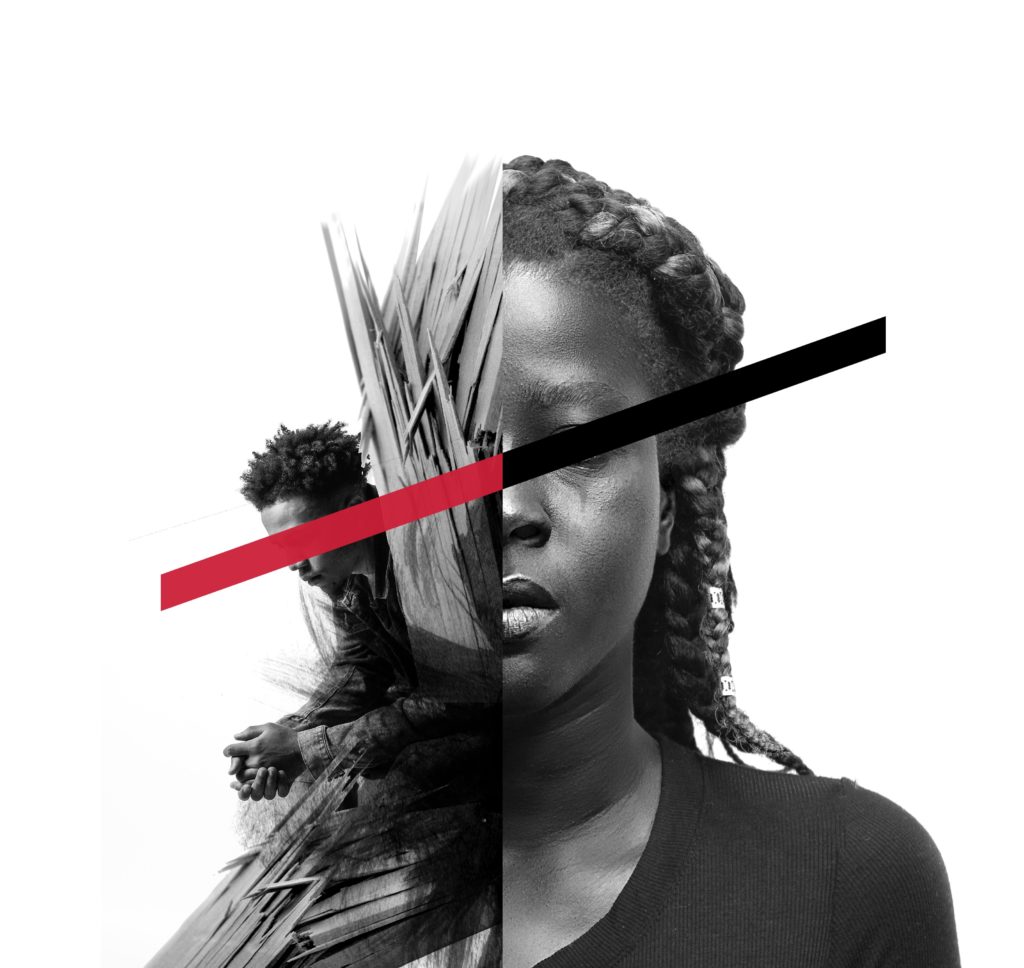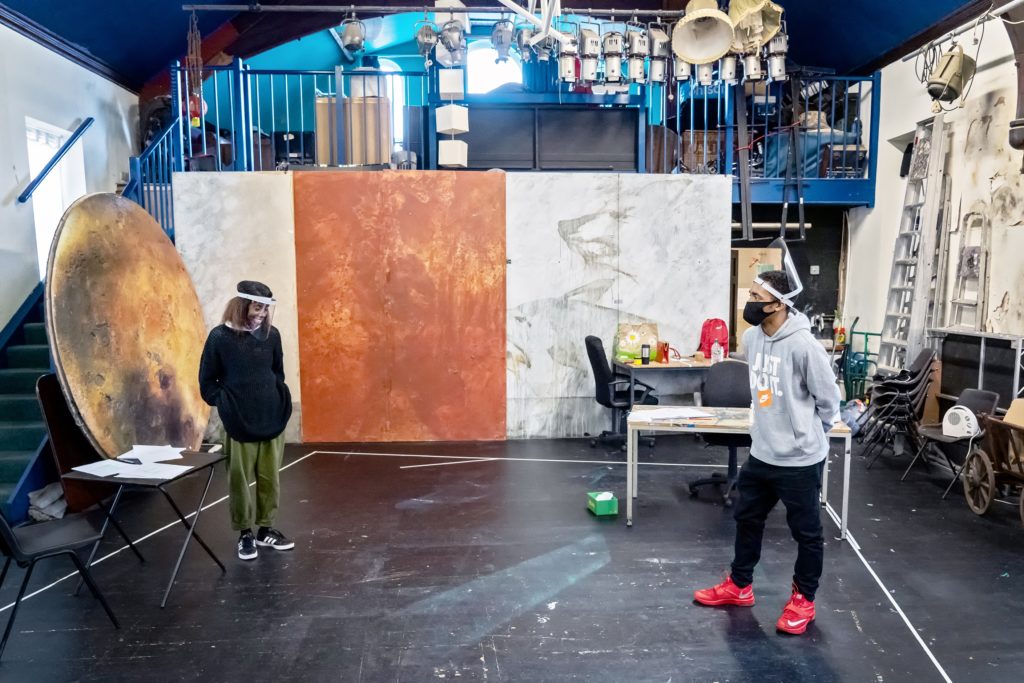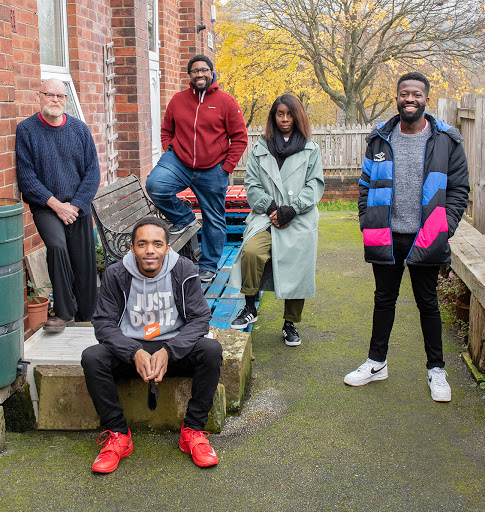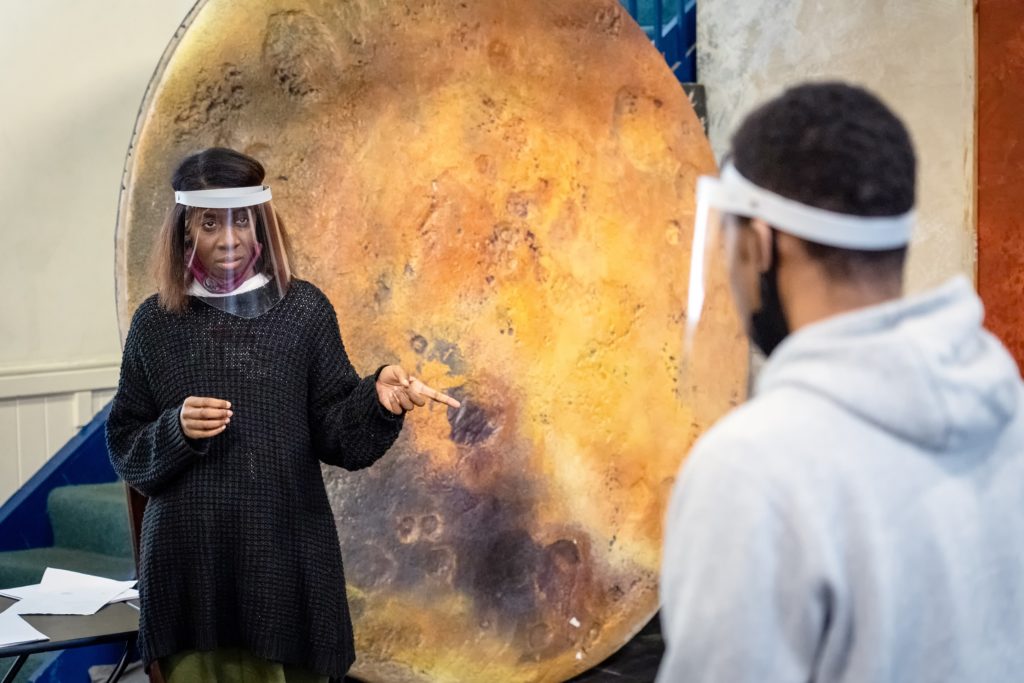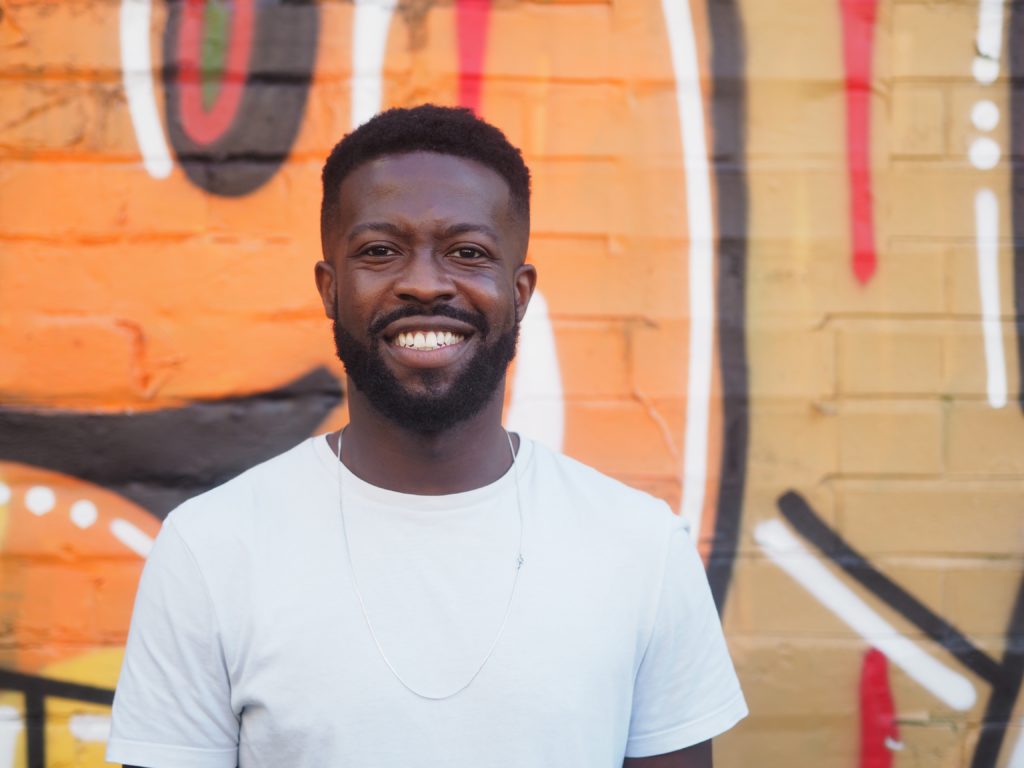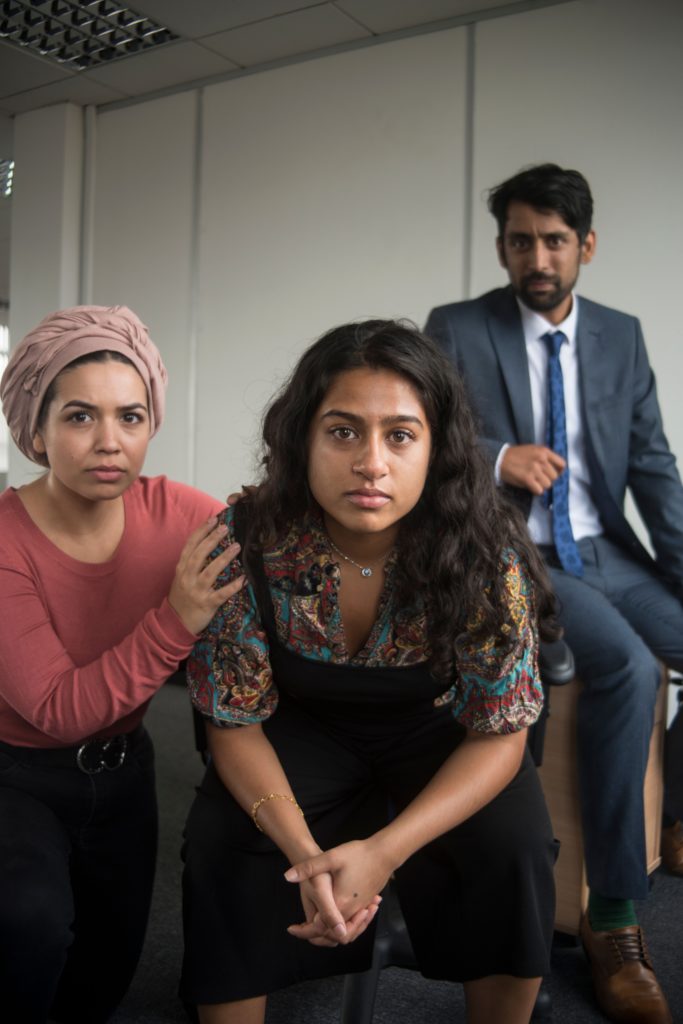
FREEDOM Studios will premiere Aaliyah: After Antigone as a simultaneous live performance and digital online experience at Impact Hub Bradford, Digital Exchange, Peckover Street, Bradford, from October 8 to 16.
From the intercultural theatre producers of Black Teeth And A Brilliant Smile and Brief Encounters at Bradford Interchange and CARBON: Imagineering comes Bradford playwright Kamal Kaan’s new contemporary adaptation of Sophocles’s Greek tale, an examination of the fragile nature of citizenship that “makes us question our own relationship to ourselves and our country”.
Set in the local authority offices in Bradford, Aaliyah: After Antigone follows the plight of British Bangladeshi sisters Aaliyah and Imani as they seek to save their brother Syeed, who has been deported by the Home Office.
Aaliyah must rise up and face the might of the Home Secretary, Parveen Parvaiz, but Aaliyah’s political activism puts her own life in danger.
Directed by Alex Chisholm and Dermot Daly, the cast comprises Halema Hussain as Aaliyah, Lydia Hasoon as Imani, Jag Sanghera as Hussain and Siddiqua Akhtar as Parveen Parvaiz. Design is by Miriam Nabarro and sound design by Ed Clarke.
Kamal Kaan has written for stage, screen, and radio, including Fathers Land In Mother Tongue (BBC Radio 4), On Hearing The First Cuckoo In Spring (Leeds Playhouse/BBC Radio Leeds) and The Weather Machine (SkyArts/Leeds Playhouse/Stage@Leeds), and was story consultant on Clio Barnard’s Ali + Ava, selected for this year’s Cannes Film Festival.
Kaan says of Aaliyah: After Antigone: “This modern adaptation of Antigone is about taking the essential drama from the original and transplanting it into our contemporary world. The two sisters, Antigone and Ismene, are now Aaliyah and Imani: two British-Bangladeshi sisters.
“With their own citizenship under threat, the play becomes a fierce battle of loyalty, family, love and politics, all set within the landscape of Bradford.”
Director Alex Chisholm adds: “We commissioned Aaliyah: After Antigone in late-2019 as a live/digital hybrid. Kamal, Carbon: Imagineering and Freedom Studios had previously collaborated in re-creating Tajinder Singh Hayer’s North Country as a streamed performance for Facebook Live.
“Fascinated by the theatrical possibilities of the digital medium, we wanted to create a piece that was digital and live at the same time. The story of Aaliyah was the result: simultaneously both present (at Impact Hub Bradford) and remotely digital (on your device) experiences that are equal but different.
“The past 18 months has underlined the relevance and resonance of this story, both in our enforced embrace of all things digital, but also the question of who gets to belong, who gets to be sacrificed, and who has to fight back.”
Tickets for the live performances are priced at Pay What You Can (£0/£4/£6/£10) and Pay What You Feel for the digital performance, available from freedomstudios.co.uk.
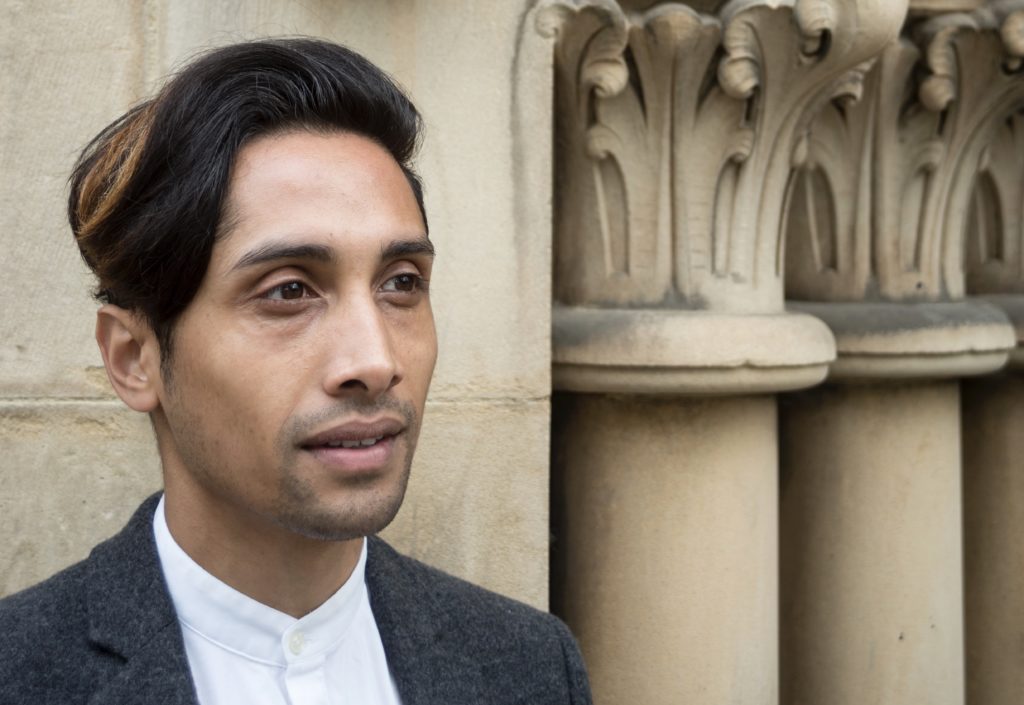
Here Bradford playwright and actor Kamal Kaan answers questions on Aaliyah: After Antigone:
This project was commissioned as a live/digital hybrid wherein Freedom Studios and CARBON: Imagineering would explore “storycasting” and live digital art. How much did that influence your writing, Kamal?
“This project was always intended to be a hybrid show and was commissioned pre-Covid in 2019. With the limitations and social distance of Covid, it gave rise to the popularisation of digital work.
“The show was specifically created to be a hybrid experience as this would allow a wider audience and access to live theatre on a more national and global platform. I like to make work that doesn’t allow a building to be a barrier in terms of travel and access and hybrid work offers a generous way to invite a wider demographic.”
Why do a contemporary version of a Greek tragedy? Do you have a special interest in Greek tragedy?
“I’ve always loved the story of Antigone and studied it for A-Level, years before I knew I was ever going to be a writer. It was the first Greek tragedy I’d read and loved and it was an honour to have been asked by Freedom Studios to write my own contemporary version.
“The story still remains relevant for a modern audience as the themes of family, love, justice, faith are timeless and universal themes.”
How have you found the experience of working with Alex Chisholm?
“It was wonderful collaborating with Alex Chisholm, co-director and dramaturg for the play. Alex is of Greek heritage and her knowledge and passion for Greek literature is inspiring. The production then became a celebration of our cultures to create a contemporary Bengali-Hellenistic hybrid drama and it has been such a nurturing and joyous journey working with Alex. She also bakes the best cakes!”
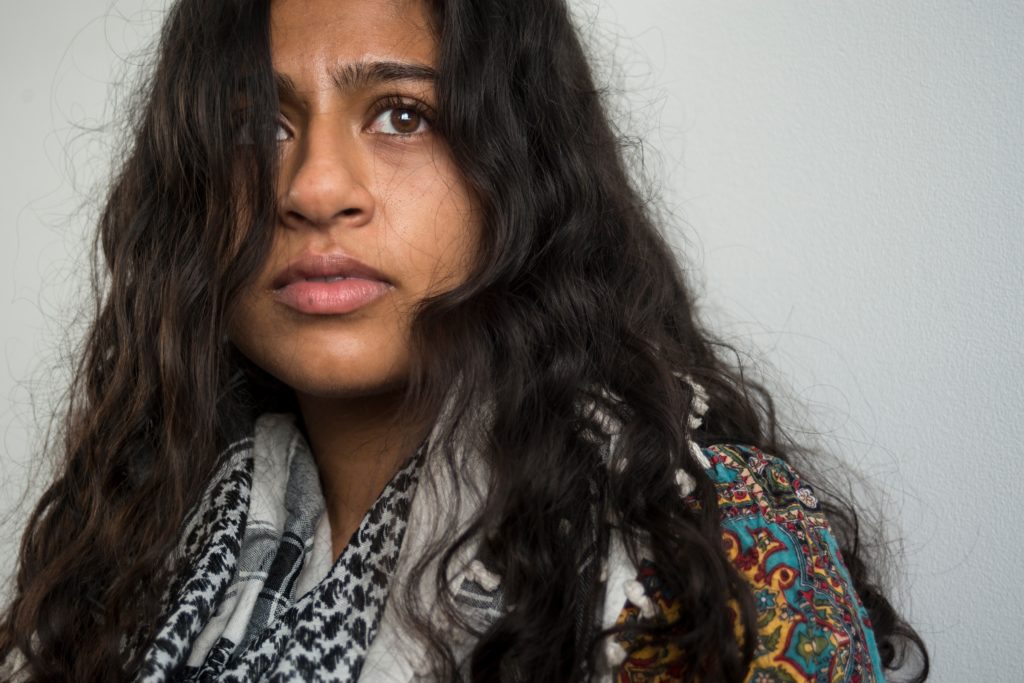
Aaliyah: After Antigone has been made for in-person and remote viewing experiences to be “different but equal”. How will it differ from the live-streaming of theatre shows that boomed during lockdown?
“What sets Aaliyah: After Antigone apart from streaming theatre is that it’s not a pre-record. It’s designed and will be produced more like a live television drama – with a five camera set-up – and what the audience watches on the digital stream is fed through software and an editor that will decide what’s the best shot for the audience to see from each camera.
“It’s very exciting as theatre is rarely produced like this. But to capture that exciting live element of theatre, by doing a broadcast like this, feels like the most honest way to give two types of audiences a similar theatrical experience.”
You were story consultant on Clio Bernard’s Ali + Ava. What did your role entail and did you make it to Cannes?
“As well as making my own work as a writer, I work as a dramaturg and script consultant. It was a dream come true to work with the most wonderful writer/director Clio Barnard (The Arbor, The Selfish Giant).
“I spent three years working with her on Ali + Ava: a love story set and filmed in Bradford. The process involved giving feedback on treatments, scripts, locations, character research, production and post-production. Working so closely with Clio gave me a detailed insight into the film-making process.
“Clio and myself were heartbroken not being able to go to Cannes for the red-carpet premiere due to travel restrictions and other commitments. However, I was invited to be with Clio for a virtual link-up up with Cannes for the screening! So yes, we were there in spirit.
“However, we will get to be there for the snazzy London premiere, during the same week as the production of Aaliyah: After Antigone. How wonderful to have the launch of two projects simultaneously.”
What’s next for you after Aaliyah: After Antigone? Any particular ambitions?
“I’m about to shoot my own BFI-funded short film that I’ve written and is being directed by the wonderful Bradford-based television director Dominic Leclerc. The ambition with this is to then turn the short film into a feature.
“I’ve also co-written my next BBC Radio 4 afternoon drama with the joyful Leeds writer Mary Cooper, due to be broadcast by the end of this year.
“I’m also working on a BBC TV series called The Secret Lives Of The Amir Sisters, adapted from the books by former Great British Bake Off winner Nadiya Hussain, and I’ve pitched several ideas for my own BBC television drama. I also hope to collaborate with Clio Barnard again.”

What are the advantages – and disadvantages! – of living in Bradford, both in your personal life and your career. Do you ever have any thoughts of moving?
“I am Bradford born and bred from a large British-Bangladeshi working-class background. My father worked in the mills and was very proud to be a Bradfordian.
“Having lived away for several years while I undertook my undergraduate degree at Cambridge University and my Masters [in TV fiction writing] at Glasgow Caledonian University], I returned back home to Bradford due to personal reasons.
“I strongly objected against having to move to London to make it in the arts. I found, once I rooted myself back in my own city, my work began to flourish and I’m constantly and infinitely inspired by the people and landscape that envelope me. Bradford has the space to breathe and allows the mind to dwell and I’ve found that is crucial for the creative process.”
Aaliyah: After Antigone premieres as a simultaneous live and digital online performance from October 8 to 16, plus a British Sign Language-interpreted matinee on October 16 at 2pm. Tickets for the live performances are priced at Pay What You Can (£0/£4/£6/£10) and Pay What You Feel for the digital performances, available from freedomstudios.co.uk.

